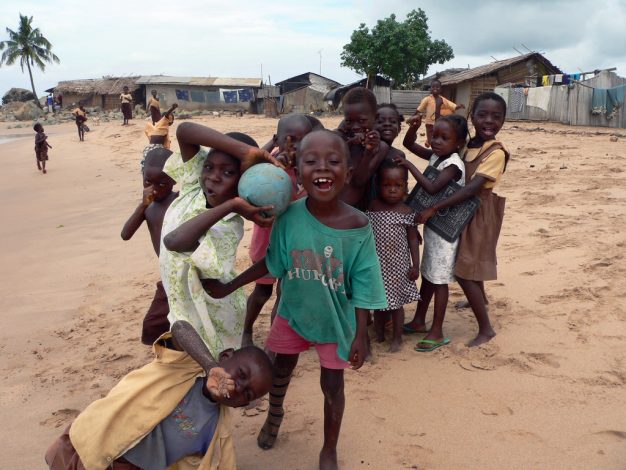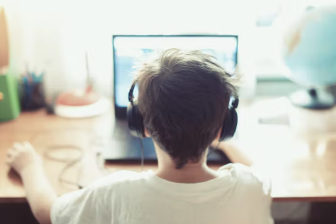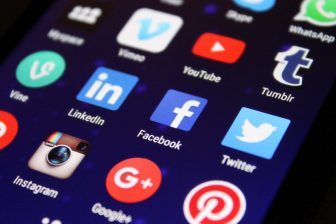
‘Ethical reporting’ helps protect children’s rights
The United Nations Children’s Fund (UNICEF) in Ghana says the media must play its part in helping protect and promote children’s rights through ‘ethical reporting’.
A seminar for journalists, Ethical Reporting on Children, was held in Accra by UNICEF, aimed at building journalists’ capacity to report accurately on children. The key message was that images of victims of child abuse should not be used in reporting, because it risks exposing the victims to ‘public ridicule’.
Responsibility
Offeibea Baddoo, Communications Officer for UNICEF Ghana, told the seminar that children faced high levels of abuse, violence and exploitation in various forms. Because of this, she added, maintaining ethical standards was the responsibility of every journalist.
Professor Kwame Karikari, Dean of the School of Communication Studies at Wisconsin International University College, also called for concerted efforts for child protection. He said there was a need for a ‘holistic approach’ by all stakeholders – government & public bodies, media, parents & guardians – to protect children’s legitimate rights.
More about the conference is available from Ghanaian News Agency.




